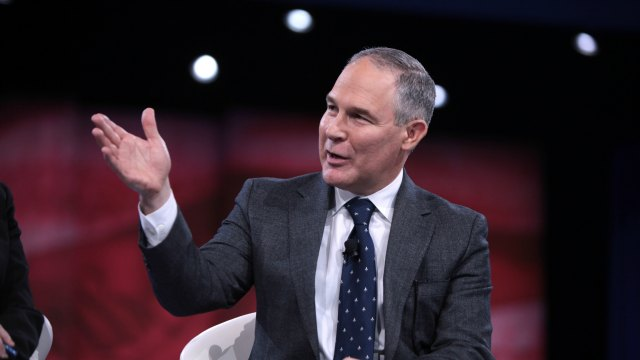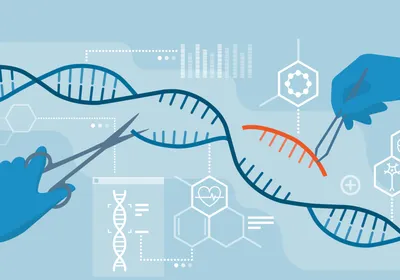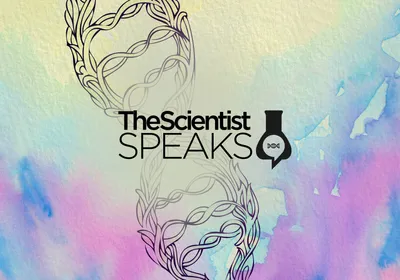 FLICKR, GAGE SKIDMORE
FLICKR, GAGE SKIDMORE
—University of California, Berkeley, structural biologist Jennifer Doudna speaking to reporters after the US Patent and Trademark Office’s Trial and Appeal Board ruled in favor of the Broad Institute in an ongoing legal battle over patents for CRISPR genome-editing technology (February 15)
—Vitek Tracz, publisher of Faculty of 1000 and former co-owner of The Scientist, on the passing of Eugene Garfield, the scientometrics pioneer who launched The Scientist in 1986 (February 27)
—US Environmental Protection Agency Administrator Scott Pruitt, on the CNBC program Squawk Box shortly after his confirmation (March 9)
—Molecular biologist Beverly Emerson of the Salk Institute for Biological Studies in a lawsuit brought against Salk for gender discrimination, following similar suits from two other female full professors (July 18)
—A memo, penned ...





















